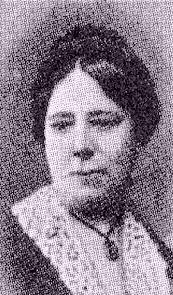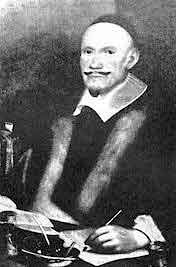
|
|
 |
|
|

![]()
 |
Words:
Martin Rinkart, circa 1636; first appeared in Praxis
Pietatis Melica (Tunes of Devotion, Sweet as Honey)
by Johann Crüger (Berlin, Germany: 1647); translated from German to
English by Catherine Winkworth, 1856.
Music: “Nun Danket,” attributed to Johann Crüger, 1647; harmony by Felix Mendelssohn, 1840. Though the tune is found Crüger’s Praxis Pietatis Melica, and is attributed to Crüger, Catherine Winkworth believed Martin Rinkart wrote the tune in 1644. Martin Rinkart (1586-1649) was a Lutheran minister in Eilenberg, Saxony. During the Thirty Years’ War, the walled city of Eilenberg saw a steady stream of refugees pour through its gates. The Swedish army surrounded the city, and famine and plague were rampant. Eight hundred homes were destroyed, and the people began to perish. There was a tremendous strain on the pastors who had to conduct dozens of funerals daily. Finally, the pastors, too, succumbed, and Rinkart was the only one left—doing 50 funerals a day. When the Swedes demanded a huge ransom, Rinkart left the safety of the walls to plead for mercy. The Swedish commander, impressed by his faith and courage, lowered his demands. Soon afterward, the Thirty Years’ War ended, and Rinkart wrote this hymn for a grand celebration service. It is a testament to his faith that, after such misery, he was able to write a hymn of abiding trust and gratitude toward God. |
 |
![]()
|
Now thank we all our
God, with heart and hands and voices, O may this bounteous
God through all our life be near us, All praise and thanks
to God the Father now be given; |
![]()